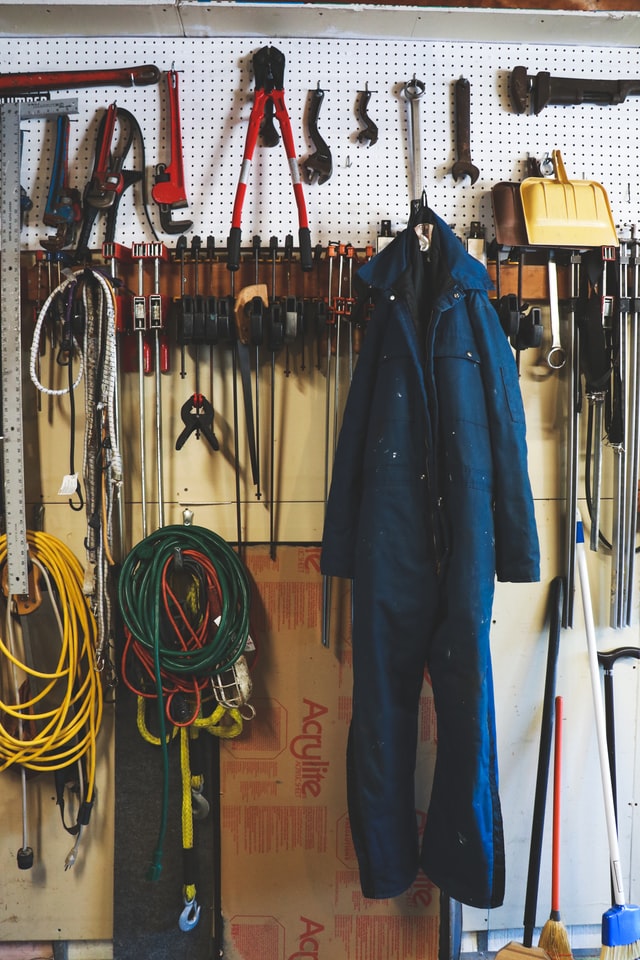I am joining Sharebee as co-founder and CTO alongside the talented Samuel Carter. The start-up is tackling a problem that resonated with me. Here’s a reminder of why the project even exists:
As a society, we are slowly realising that the things that we have always called “commodities” are getting less and less common.
These resources have to be dug out, cut down, processed and moulded into our needs, sometimes hurting animals, populations, and environments along chains that often cross continents.
For every metal bar that leaves a manufacturing plant and every bike that leaves the assembly line, a new journey starts with a less versatile item. The metal has been heated up a few times, is now coated in acrylic paint that might even be different from last year’s polymer. But who can tell with a naked eye which is which ?
Some time later, the item enters the disposal process including transportation once more, with the potential to hurt another group left to deal with our rubbish. All thanks to hasty policies and imperfect solutions.
What if we could turn the dial back a little?
When an item finds a new home, it also has the potential to enter a community. So our choices are not limited to keeping a hoard, feeding the landfill, or passing up on opportunities because we cannot justify yet another expense.
What if items could become a capital expenditure that can still return value instead of a sunk cost that we can never hope to recuperate.
At Sharebee, we’re building a place with integrity, made for communities that understand that a lot of individual needs can be covered without buying more. We believe in a sharing economy, where resources work harder and benefit more people while making its owner a little bit of money every month.
We understand the size of the challenge, from building new communities, solving the problems of trust and making a stance again commercially set sell-by dates. But we believe that an item in use is an item maintained.
It is time to turn a leaf on seeing our items go from gold to rust.
